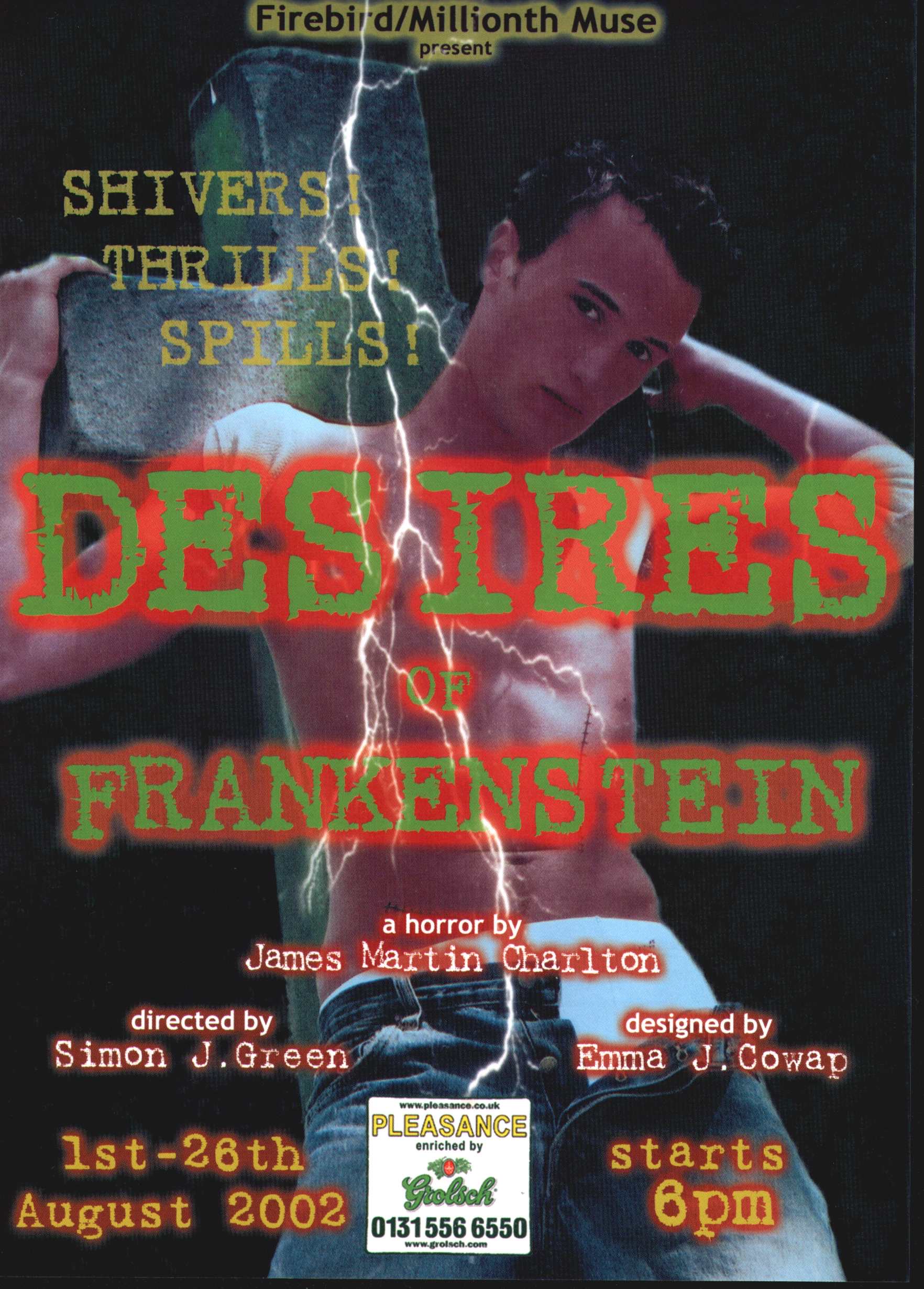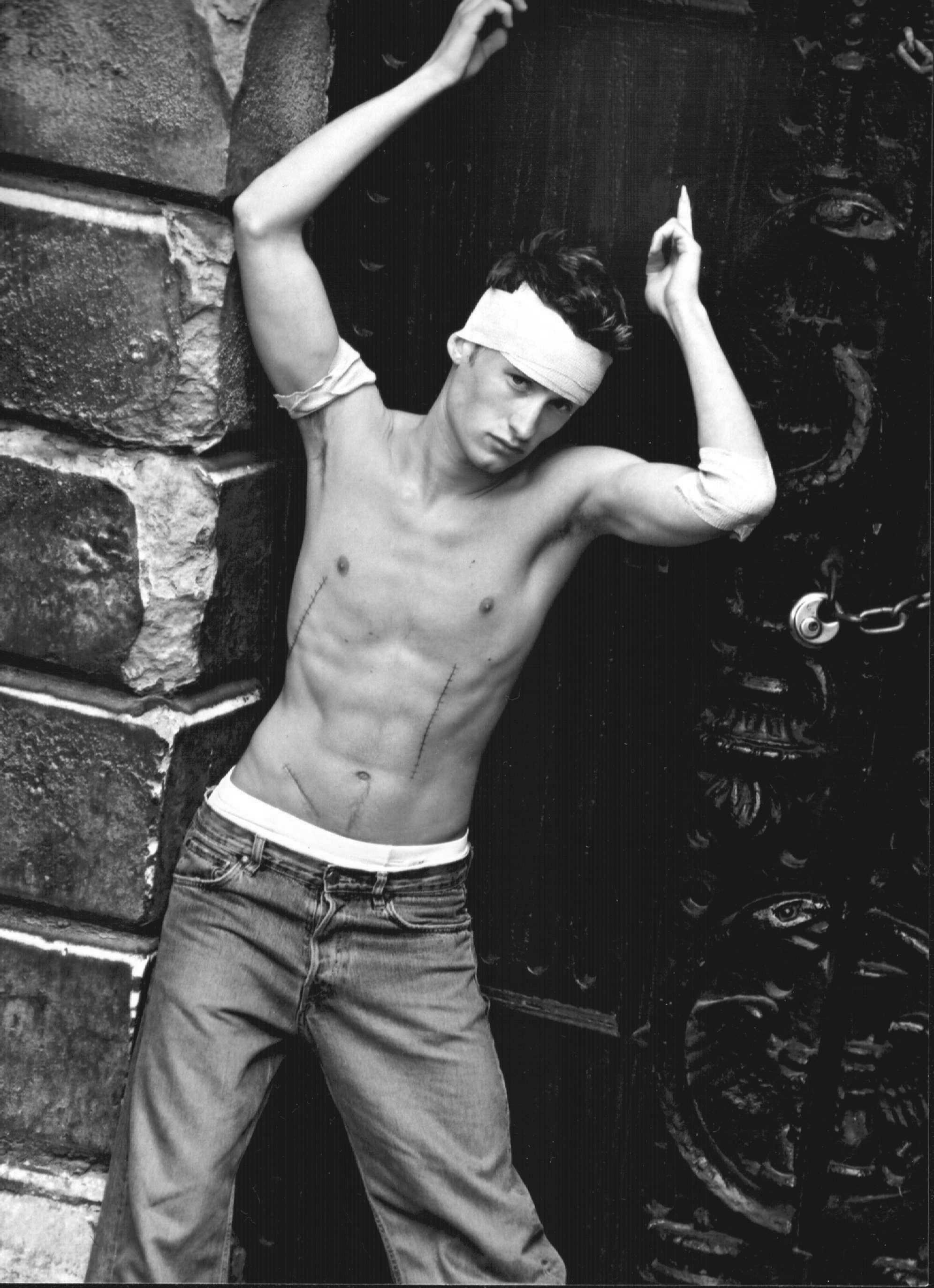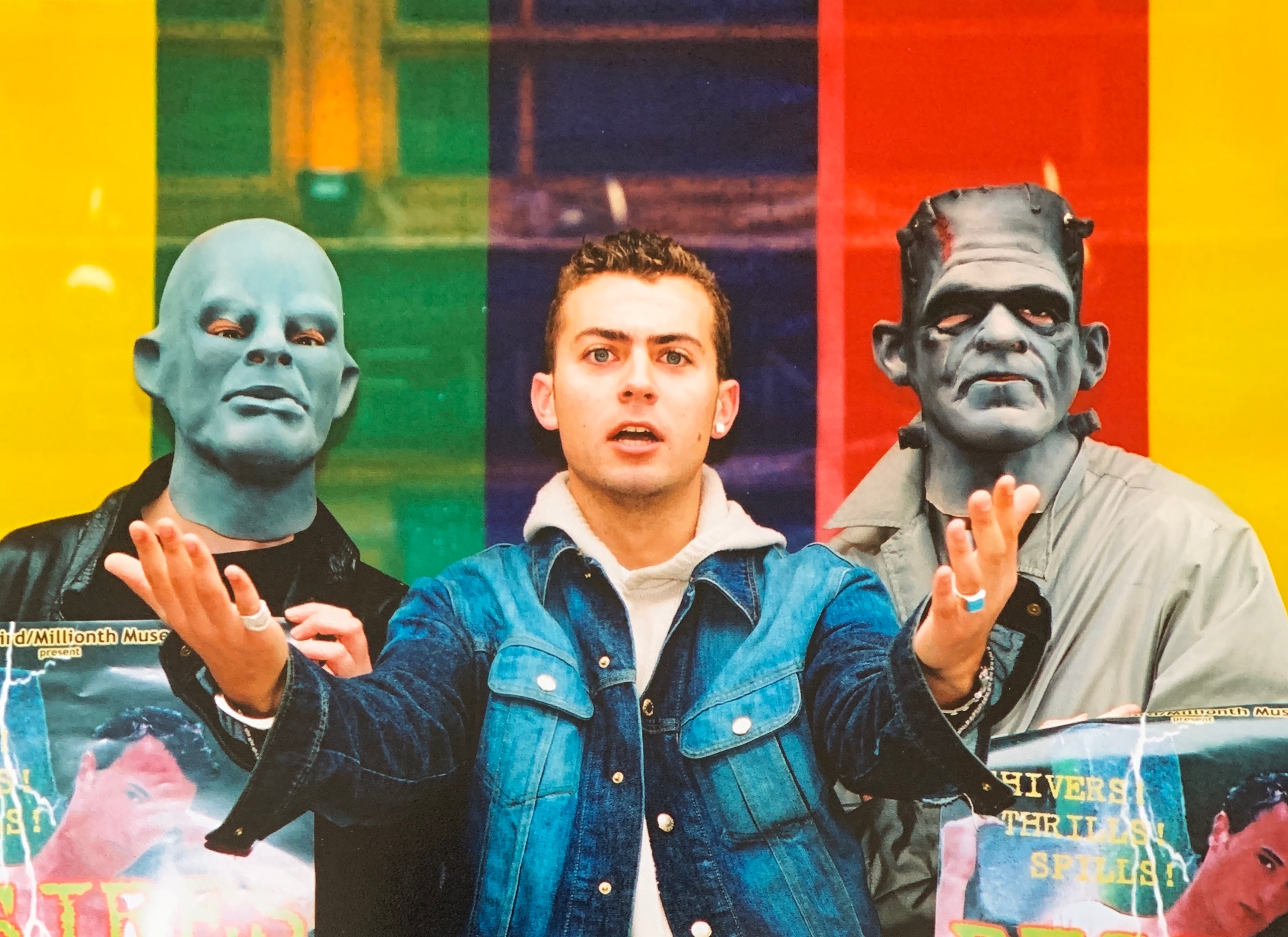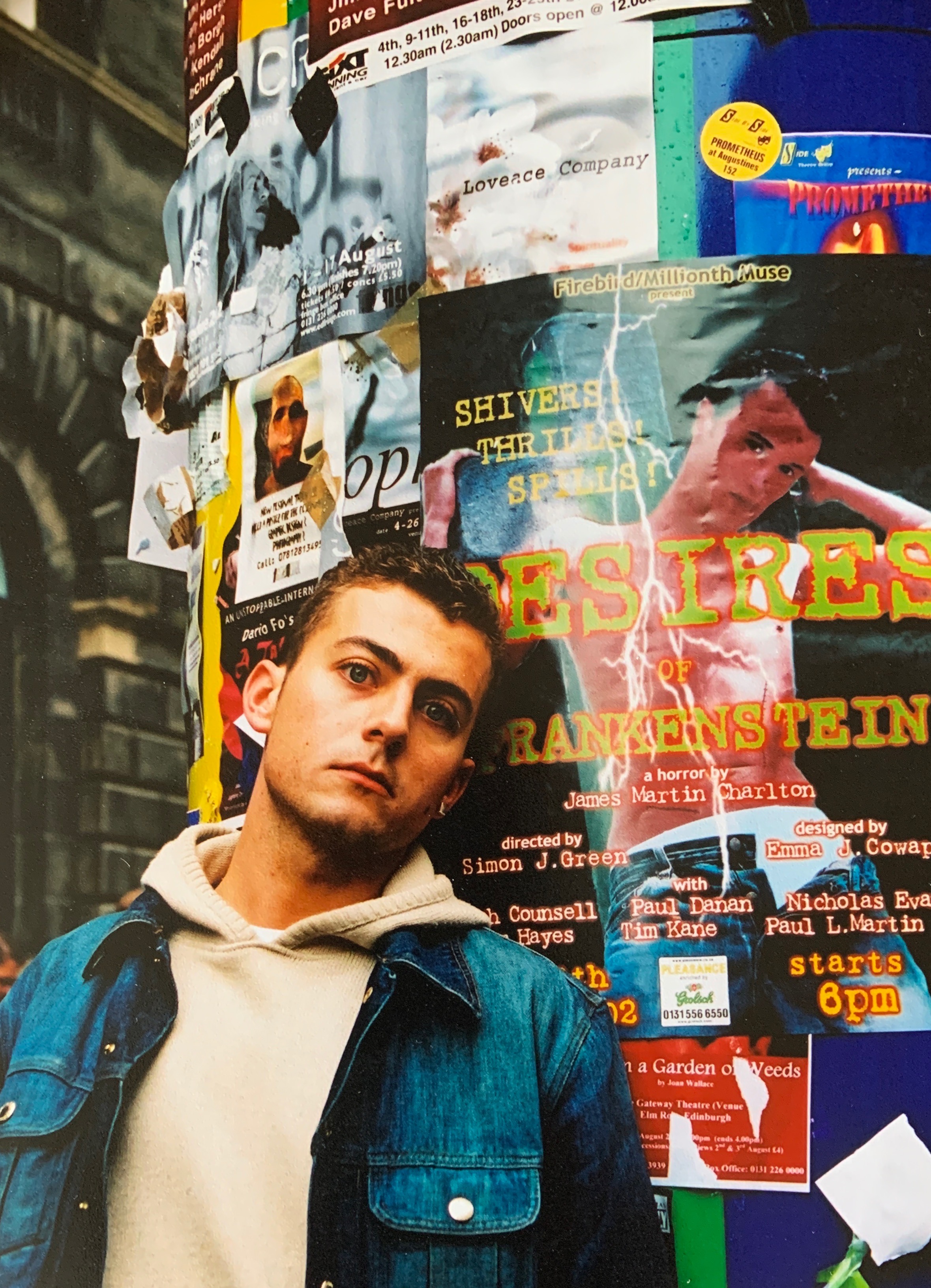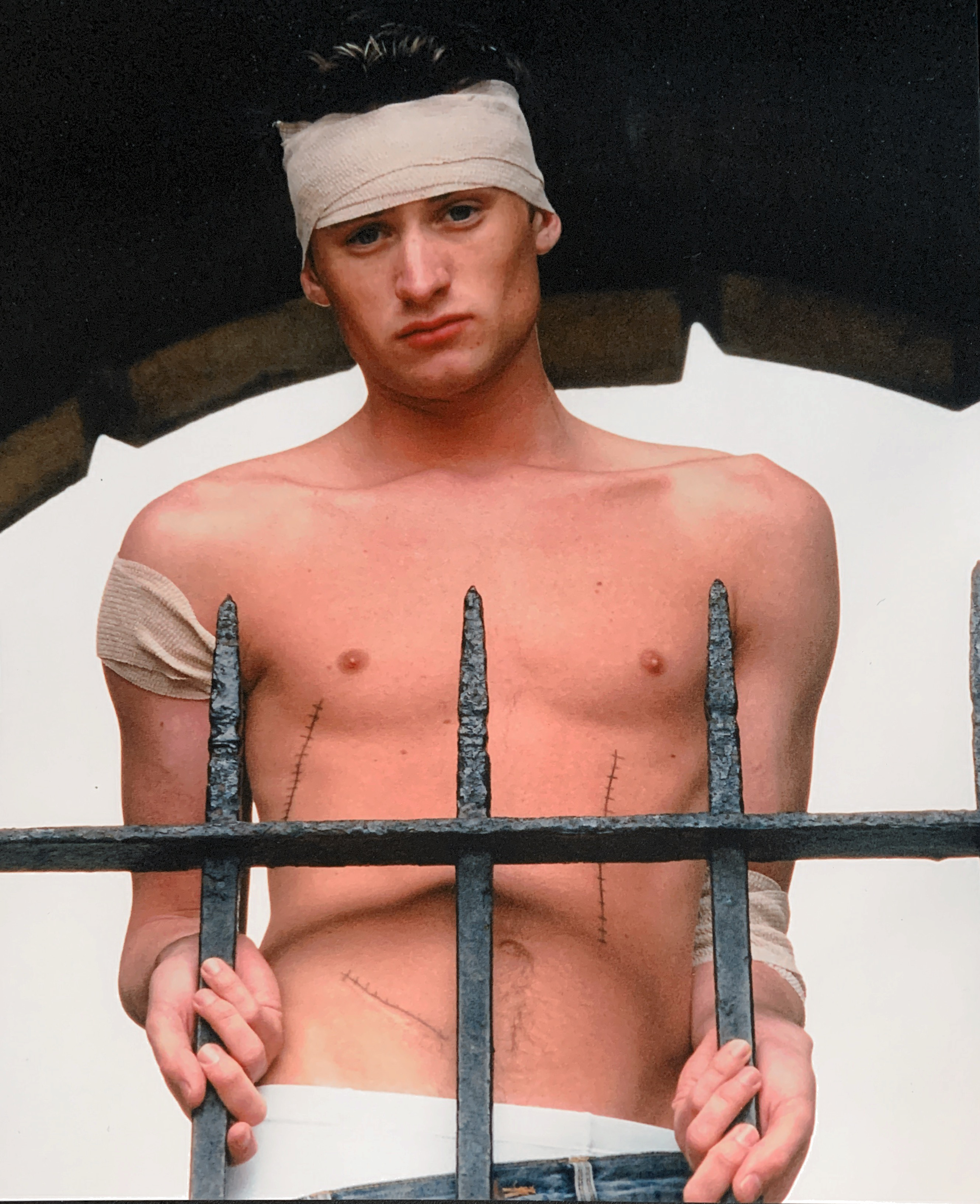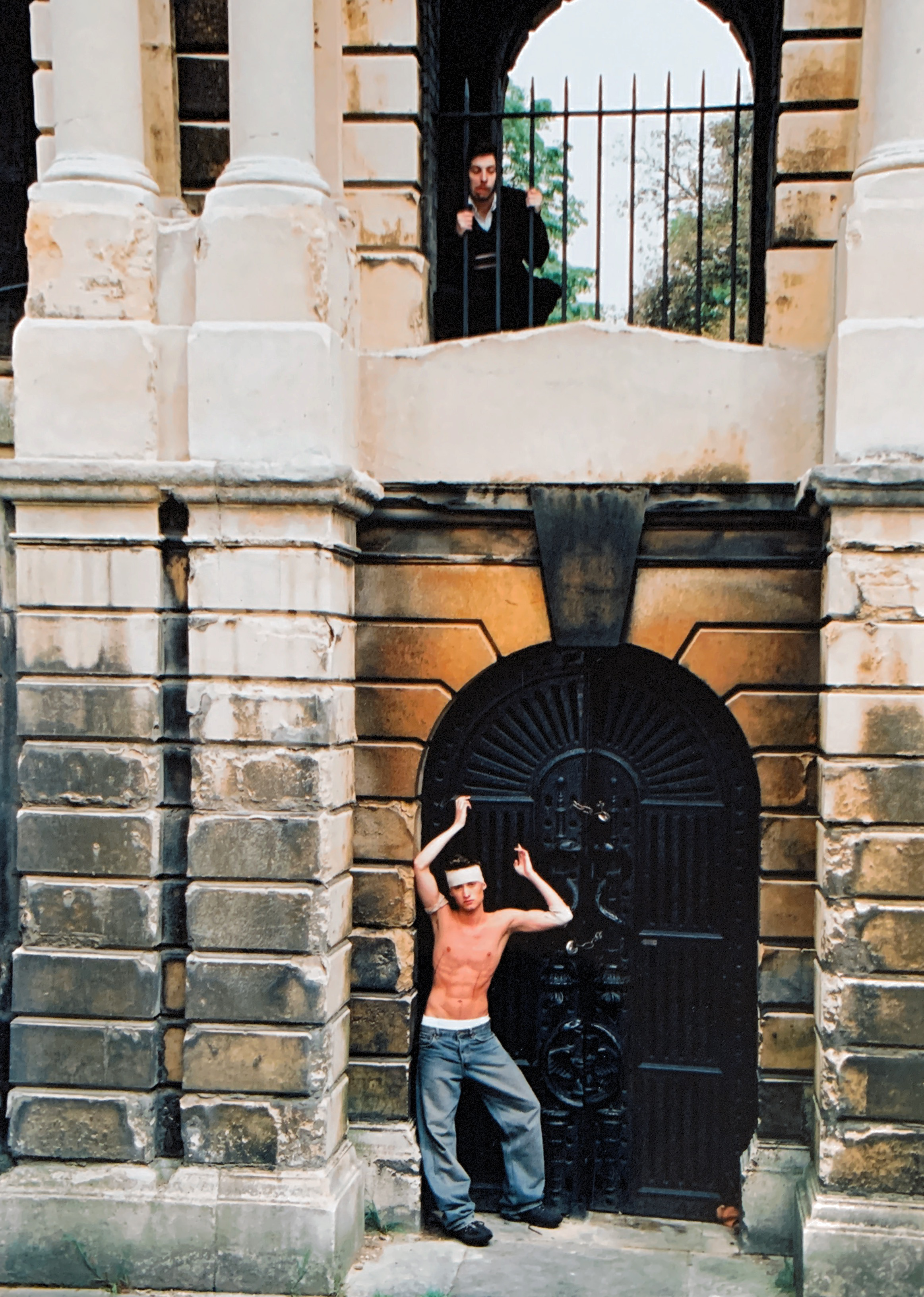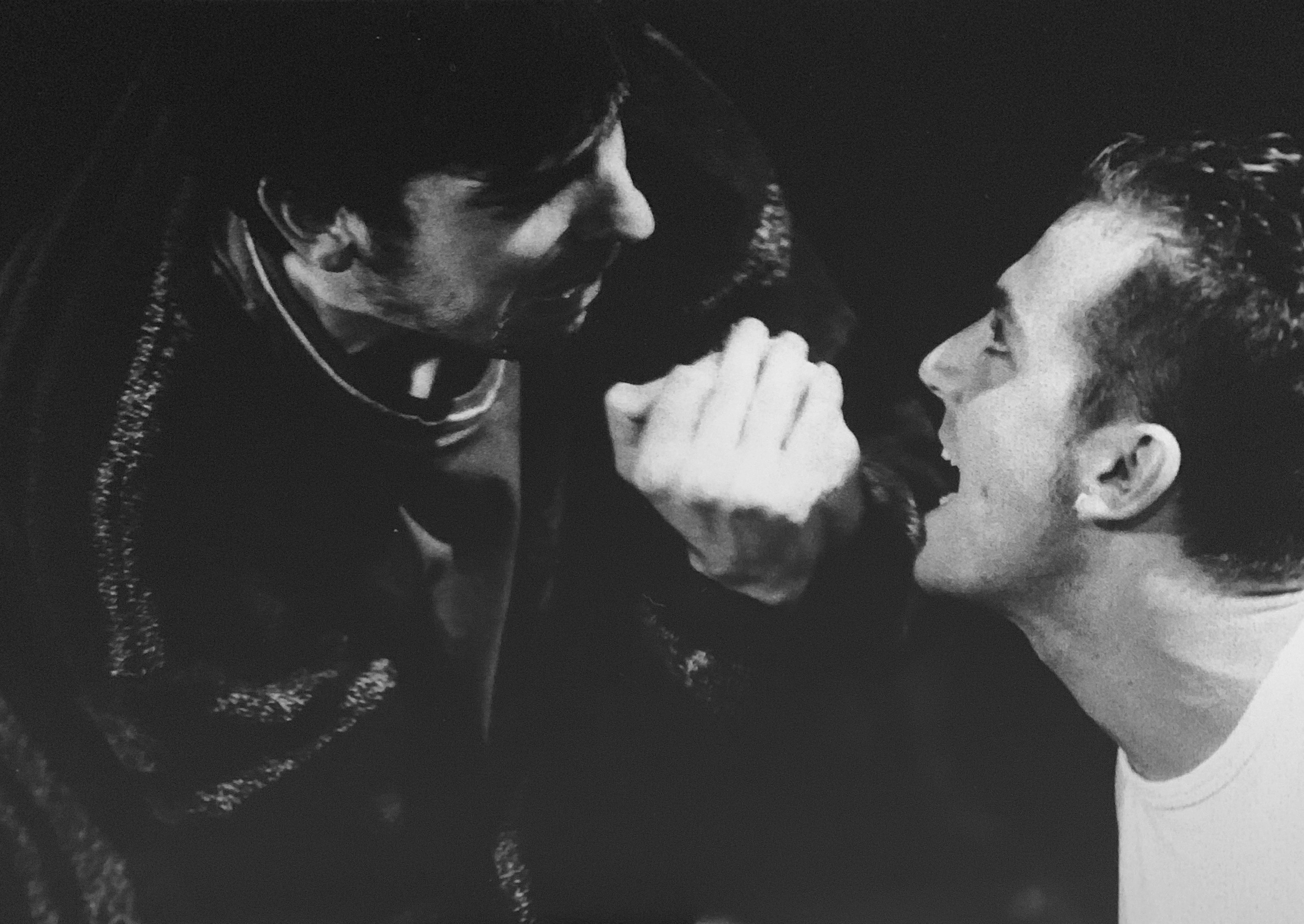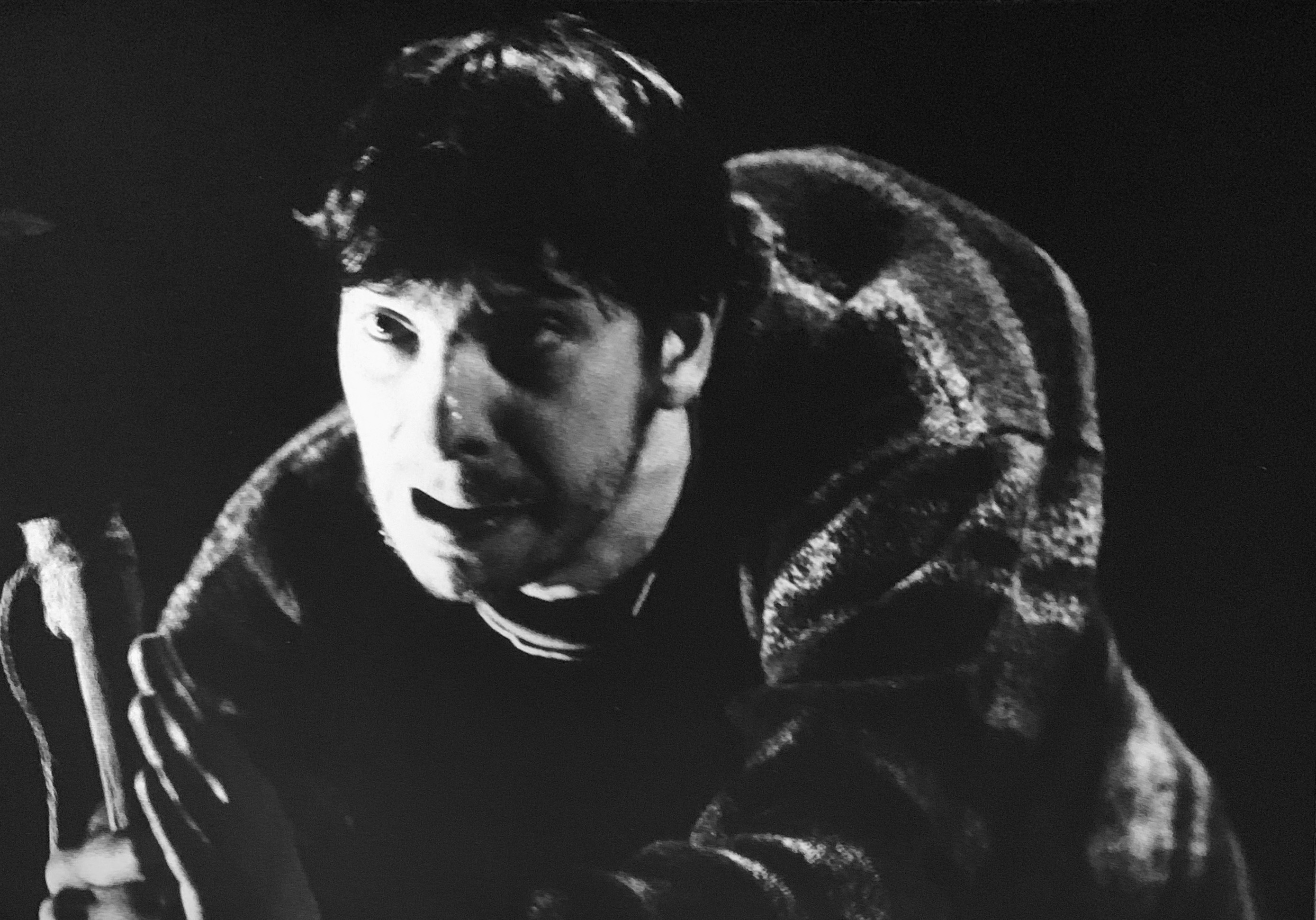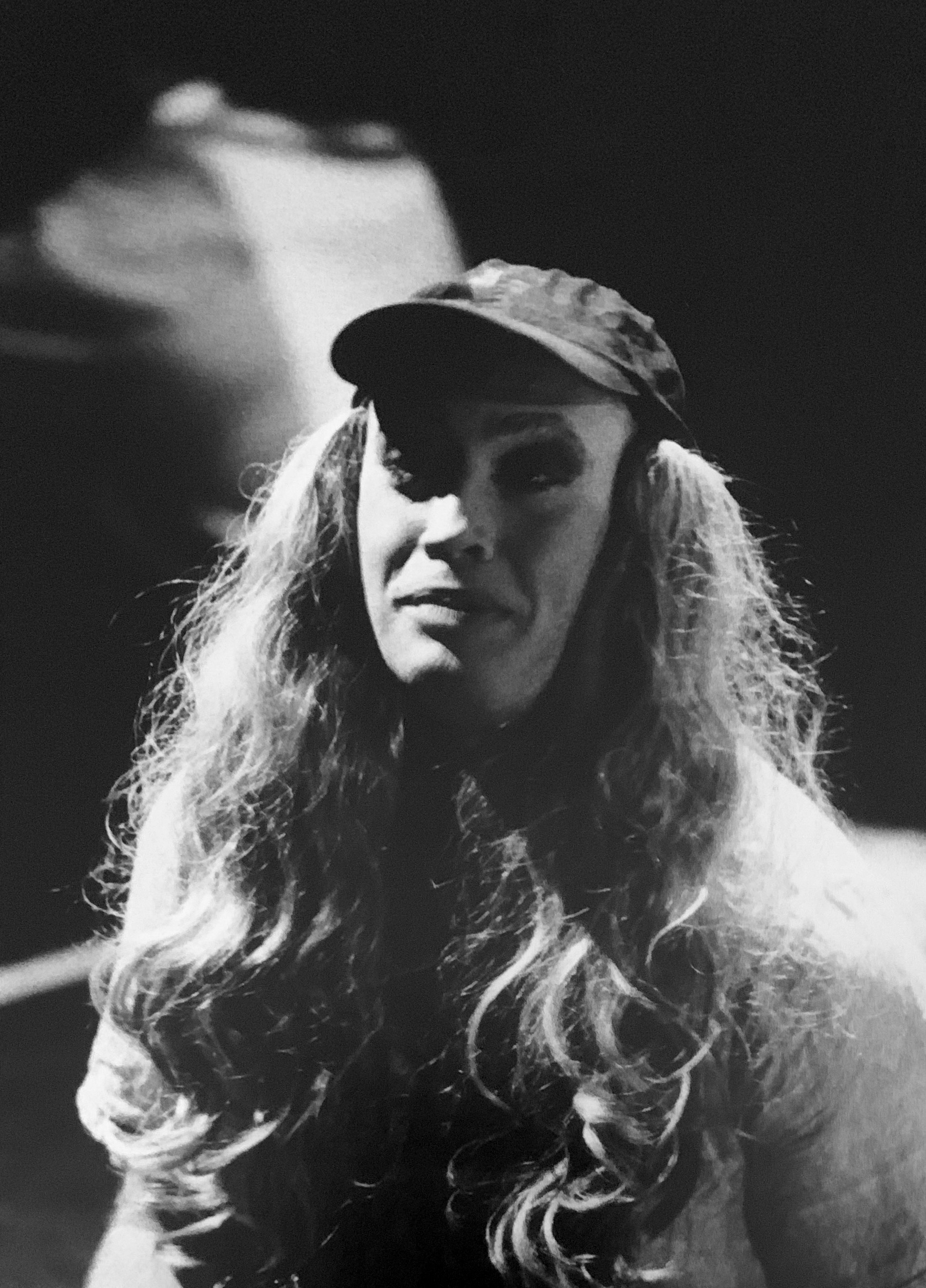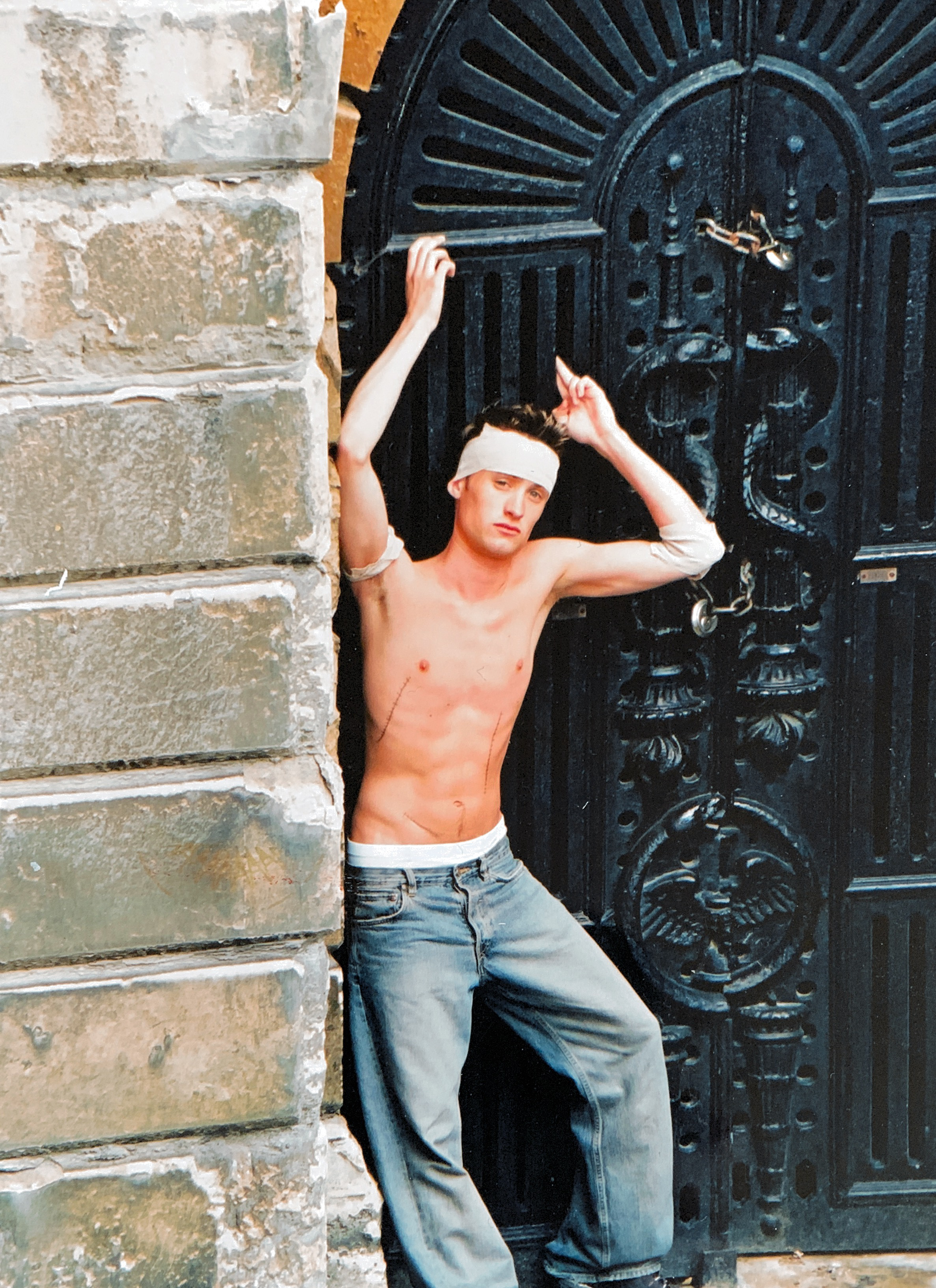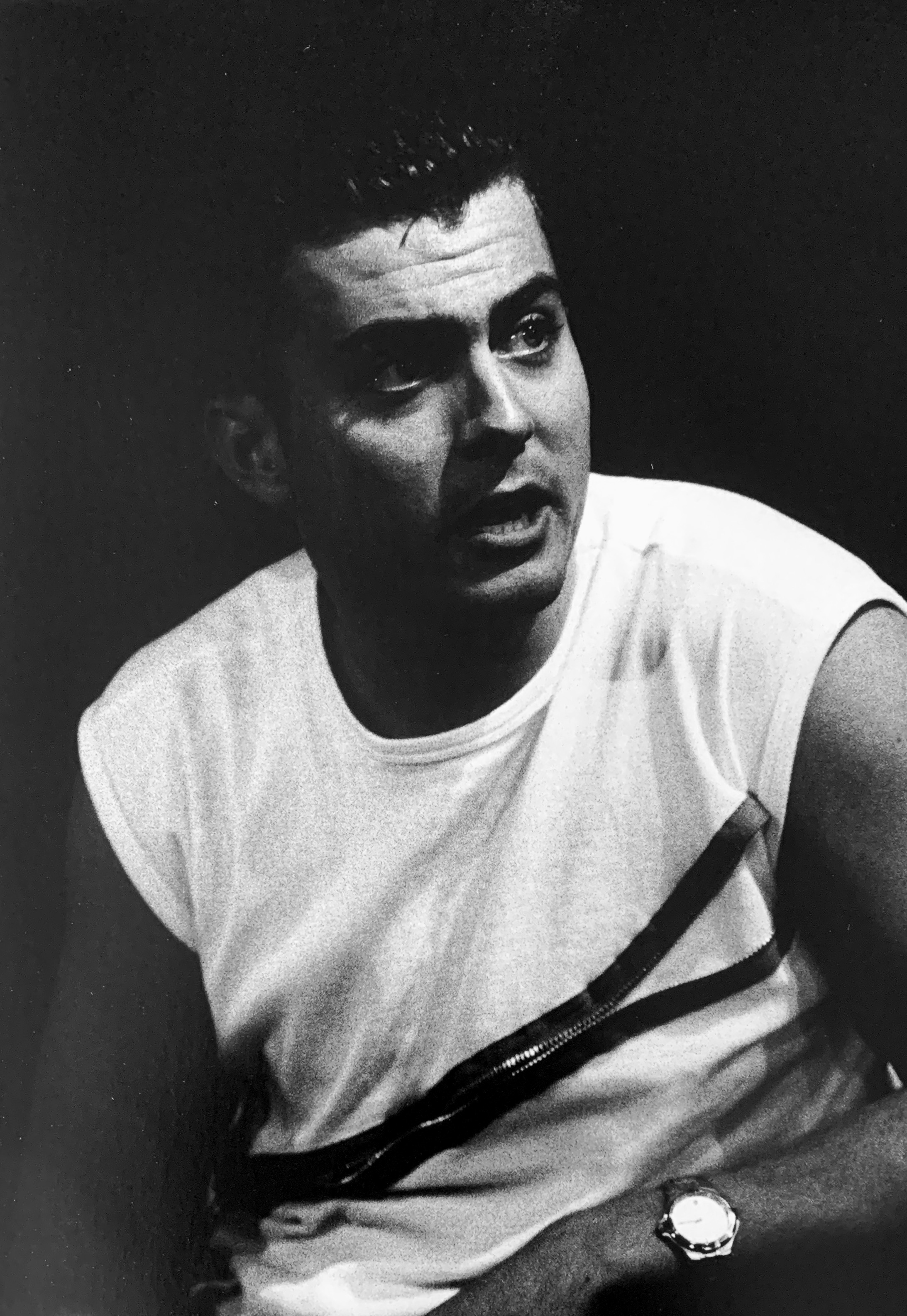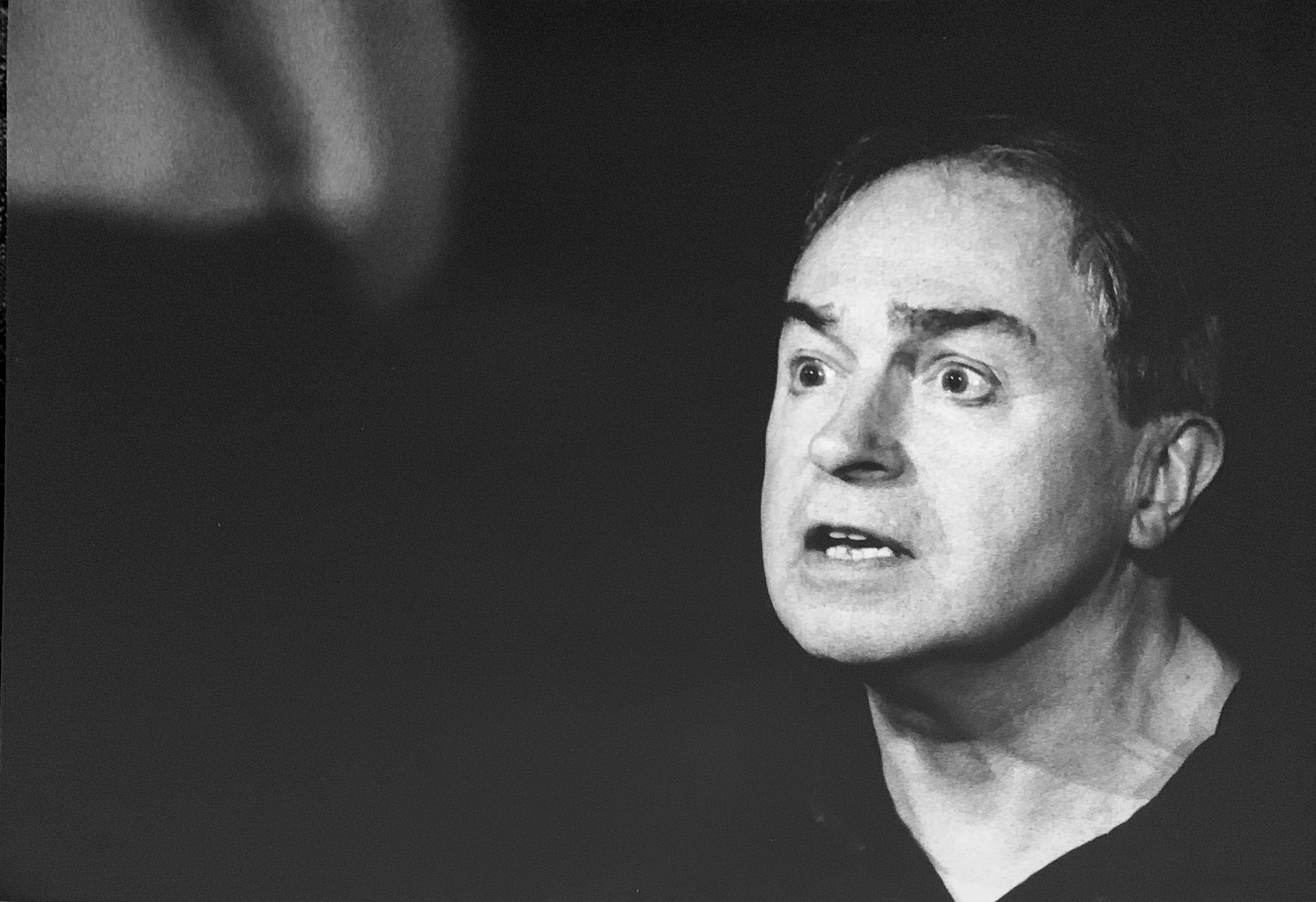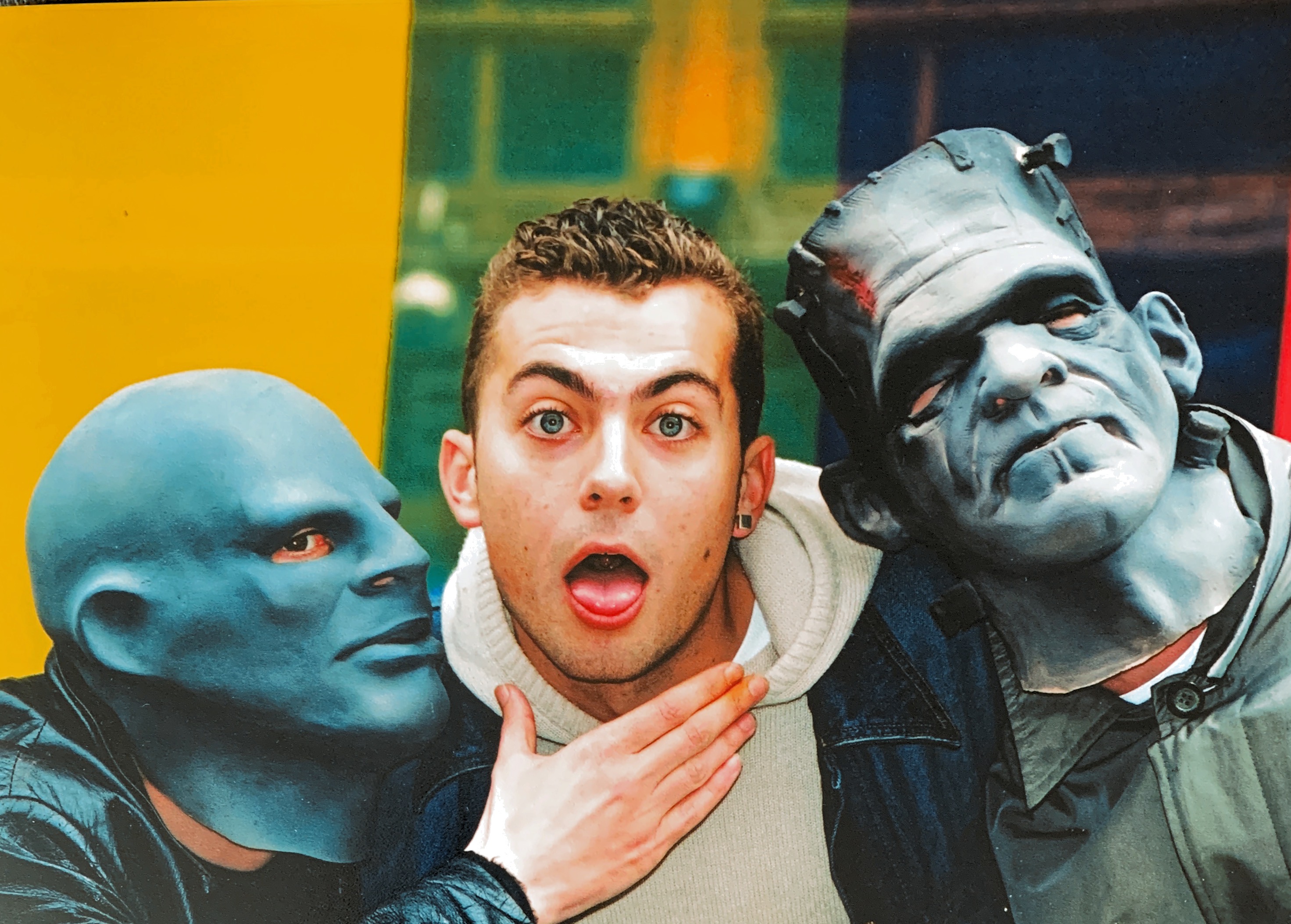Desires of Frankenstein
Note
Mary Shelley’s Frankenstein is a boundless myth in which the invention destroys its creator. In my version, Frankenstein invents a soulless beauty. As always, the result is madness and death. My monster is a physically attractive and utterly vapid toy boy. The type a desperate man might desire. The lust of the eyes might promise joy but it leads to all kinds of prison.
The play was conceived as the government was pursuing a “care in the community” policy for those who were physically or mentally disabled. Crazy old Frankenstein, after spending many years in an institution, is released under such a scheme. The play asks, what if there is no community? What if there’s no one who cares? The play shows crime as rampant, loneliness as the law, broken hearts, exploitation, and stale relationships. All of that is created, the play says.
The play started life in around 1991, as an experiment in writing for the radio, called Desire in the City of Frankenstein. A few years later tried to interest a BBC producer in a TV version, who said it was “a fierce idea” and passed. I shortened the title and adapted it for the stage. It went down a storm, nearly a decade after its conception, as a midnight show at Regent’s Park Open Air Theatre.
Desires of Frankenstein runs about an hour. I’ve still half a mind to do a vampire tale as a companion piece. Monsters and vampires remain useful ways of seeing what’s the deal with lots of folk.
Story
Frankenstein languishes in an institution. He claims that he created a monster. The rational psychiatrist in charge of his case, Dr Trish, refuses to believe it. But the old man insists that he created a pretty, soulless young man. In the depths of the same city, another old man lives in a tower block flat with his kept boy, a lad with a pretty form and a heart of glass. This old man is Ygor. He robs to feed the Monster in his care. In return, the Monster gives Ygor his favours.
Dr Trish decides to release Frankenstein into the care of the community. The madman sees this turn of events as a fortuitous turn of events, as now he can track down and kill the Monster. Trish has desires of his own to satisfy. Lonely Nurse Allen, who works alongside him, is only too willing to oblige.
Frankenstein is given a room in a seedy boarding house run by the grasping Mrs Ragwort. Frankenstein spends his days walking the streets, hoping to right his past wrong. Soon enough, Frankenstein and Ygor meet...
Casting requirements: 2 f, 4 m (with doubling)
Production(s)
Premier: Open Air Theatre, Regents Park, 10 August, 2001
Cast: Samuel Barnett (Monster). Sarah Counsell (Nurse Lindy Allen), Daniel Crossley (Darren/Bloke), Richard Frame (Cutler), Sarah Gobran (Shirley/Scarlet), Christopher Godwin (Frankenstein), Tom Hayes (Ygor), David Lucas (Apeshit/Actor), Euan Macnaughton (Dr Trish), Marianne March (Mother/Bird), Paul L. Martin (Mrs. Ragwort), Richard Frame (Cutler)
Directed by Simon J. Green
Produced by Open Air Theatre, Regents Park
Revival: Pleasance, Edinburgh, 1-26 August, 2002
Cast: Sarah Counsell (Nurse Allen/Mother/Bird/Apeshit/Scarlett), Paul Danan (Monster), Nicholas Evans (Frankenstein), Tom Hayes (Ygor), Tim Kane (Dr Trish/Bloke/Darren/Actor), Paul L. Martin (Mrs Ragwort/Shirley); other parts played by members of the company
Directed by Simon J. Green; designed by Emma J. Cowap
Produced by Firebird/Millennium Muse
Press/Audience Reaction
"… an ambitious attempt to drag Mary Shelley’s Frankenstein roaring into the new millennium. Writer James Martin Charlton sets the horror story in an inner-city sprawl of high-rise dwellings and a high, rising crime rate... one canny perk is the conception of the monster as a narcissistic, slothful beauty" – The Stage
"Dickensian grotesque, meaty method acting and French and Saunders" – The List
"This very dark piece of theatre is interestingly staged and well performed, with most company members taking on two or more parts. It is not so much the traditional version of Frankenstein but more the realization that man’s creations can be turned against him with deadly results. For a break from the large comedy presence on the fringe. This show is definitely one for the more serious theatre viewer it certainly made me have a few serious thoughts." - One4review
